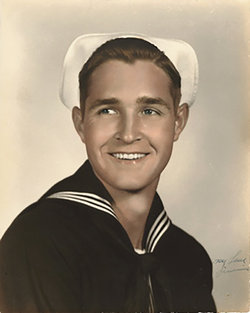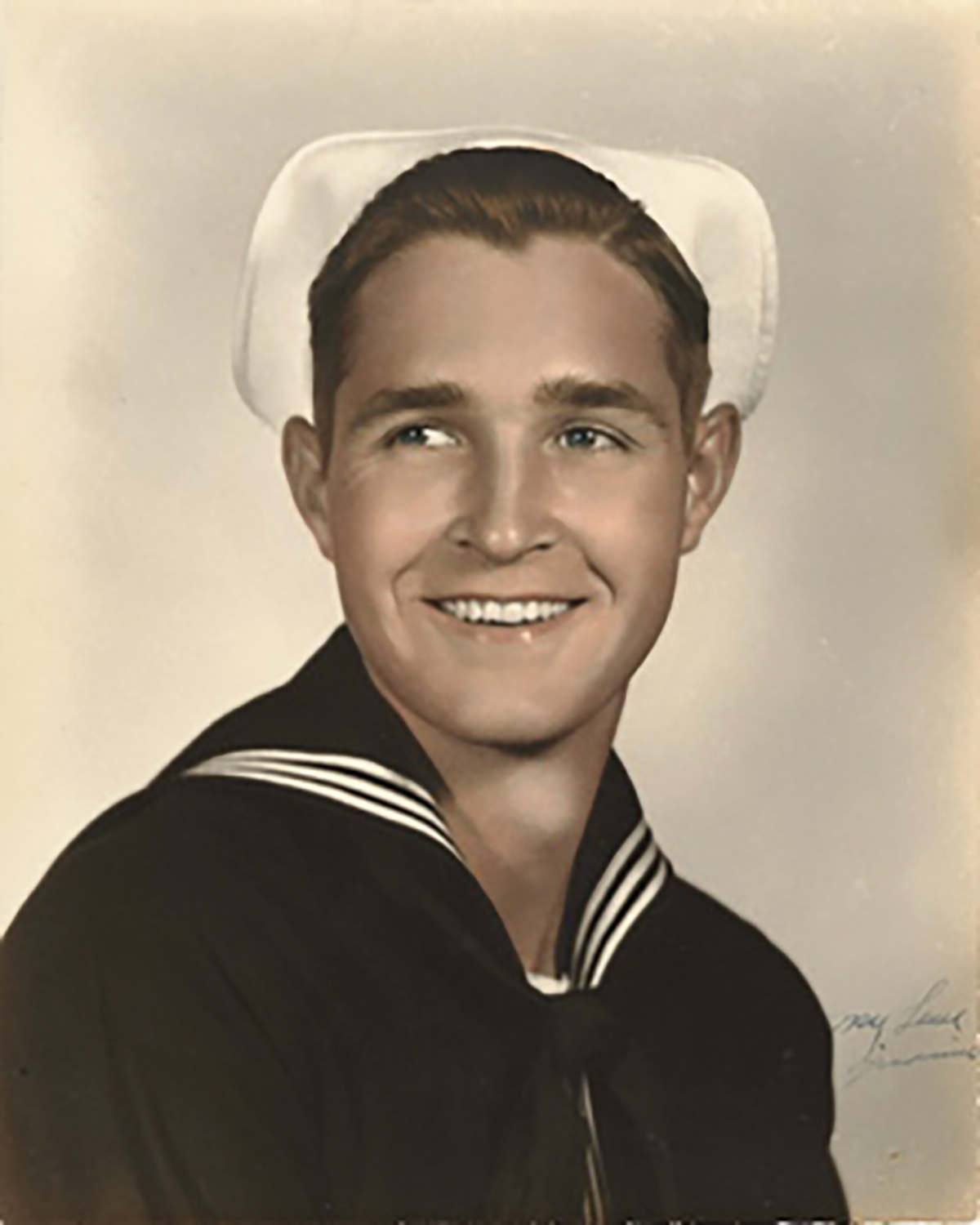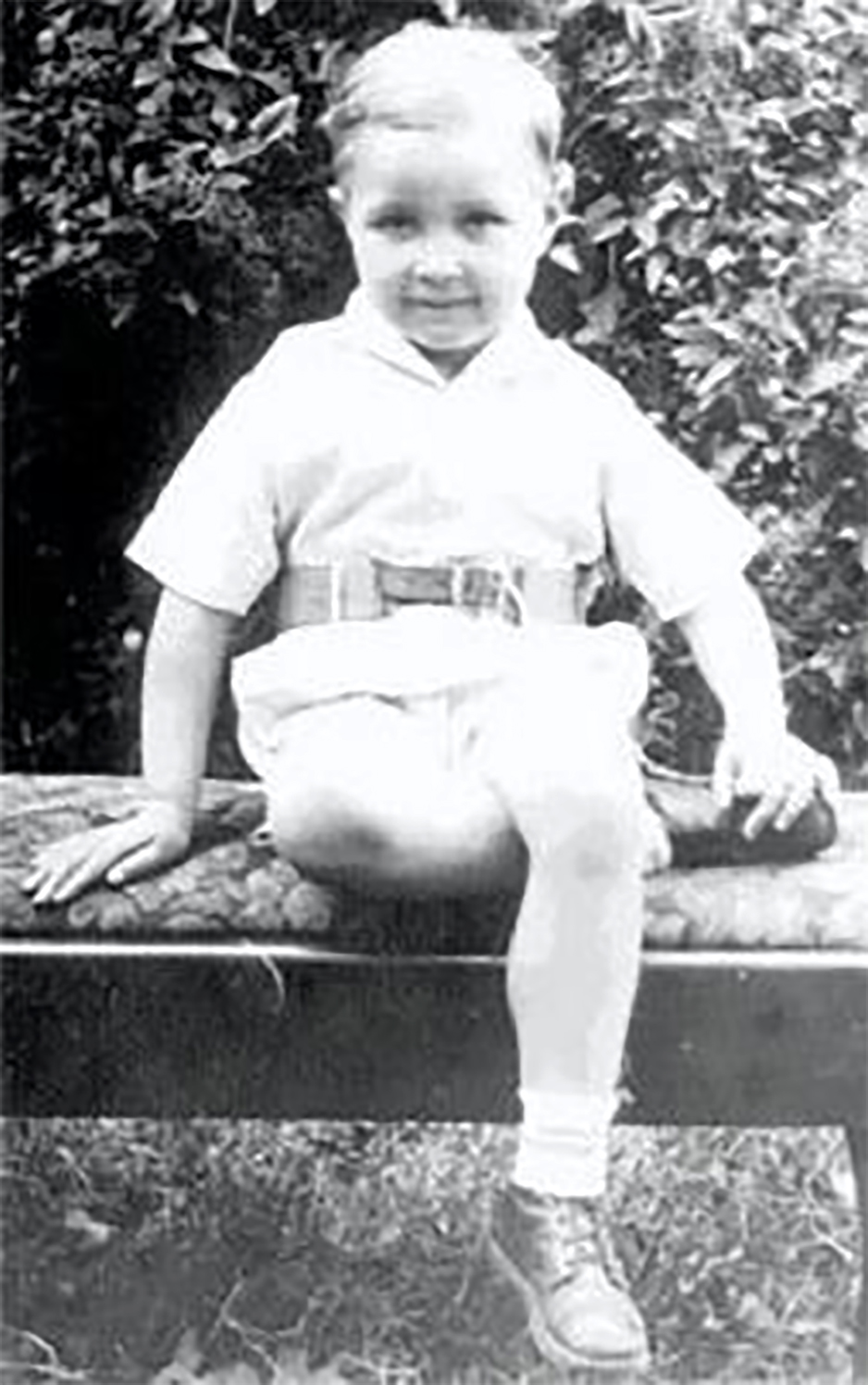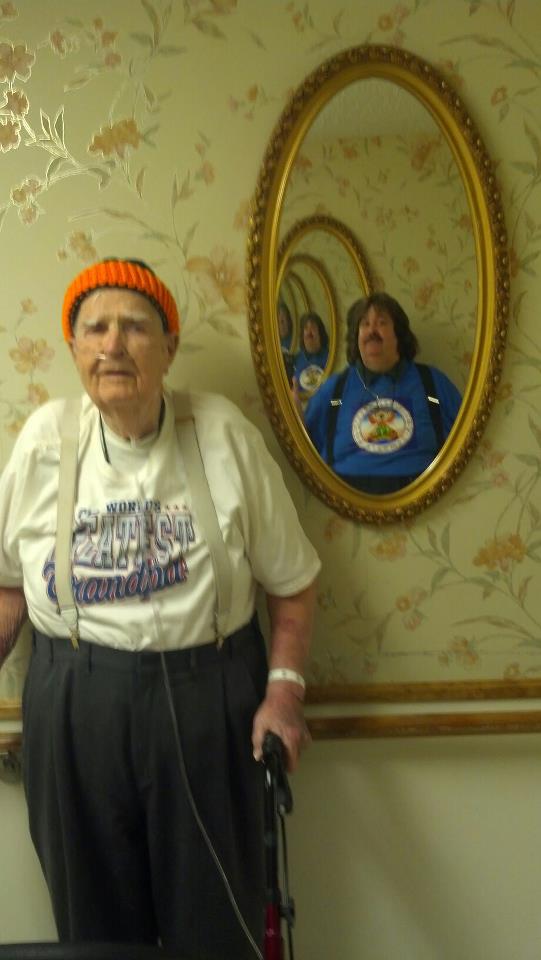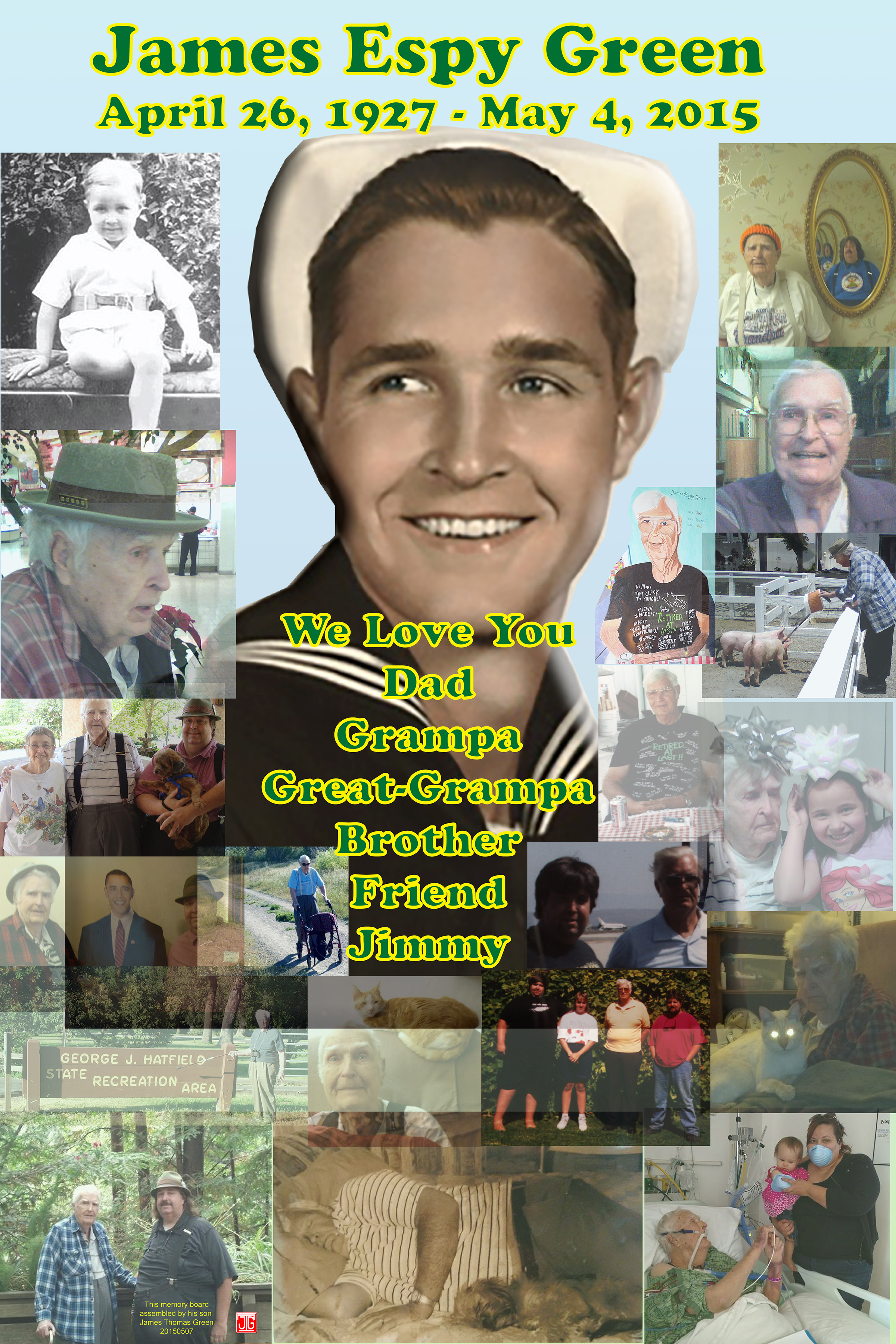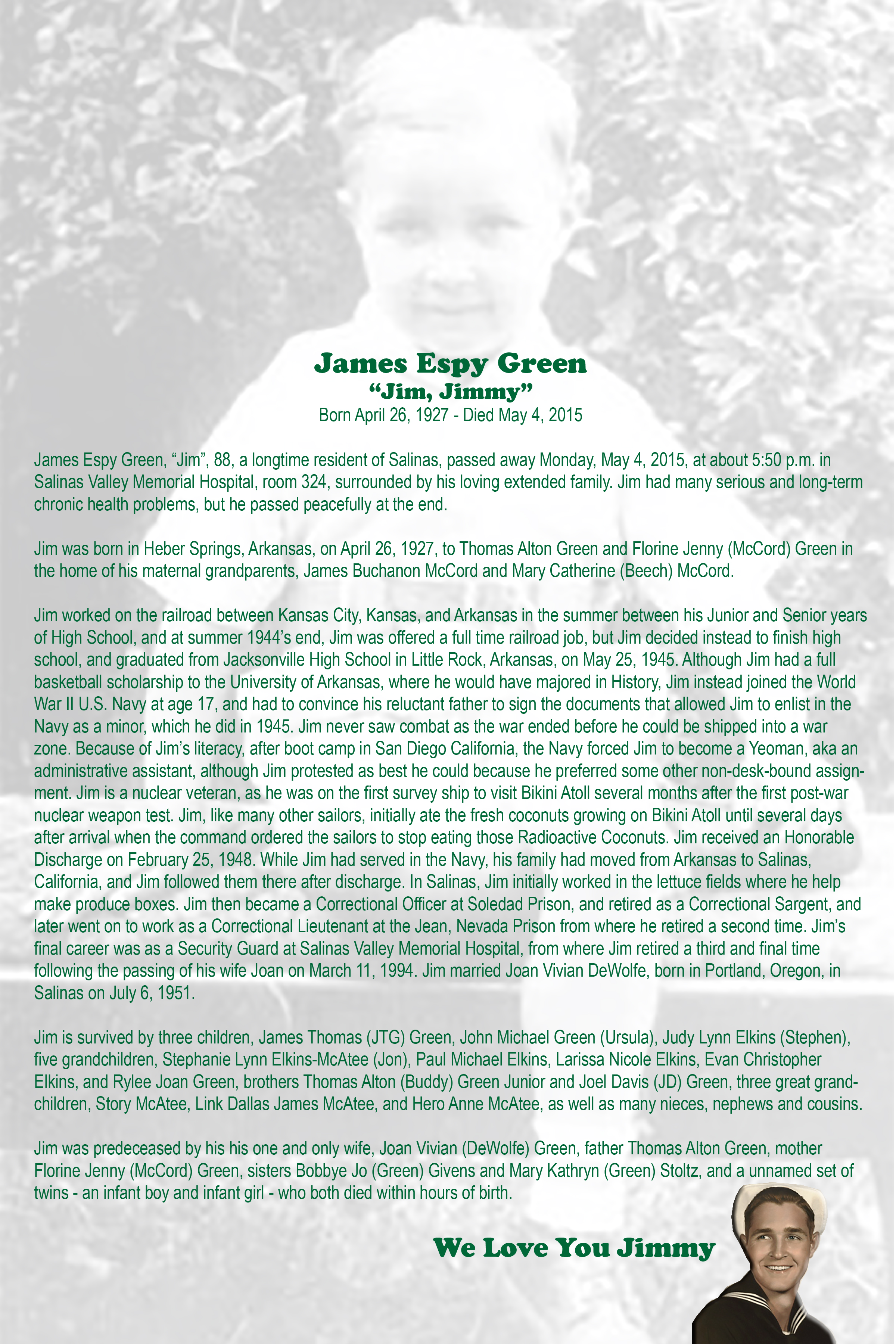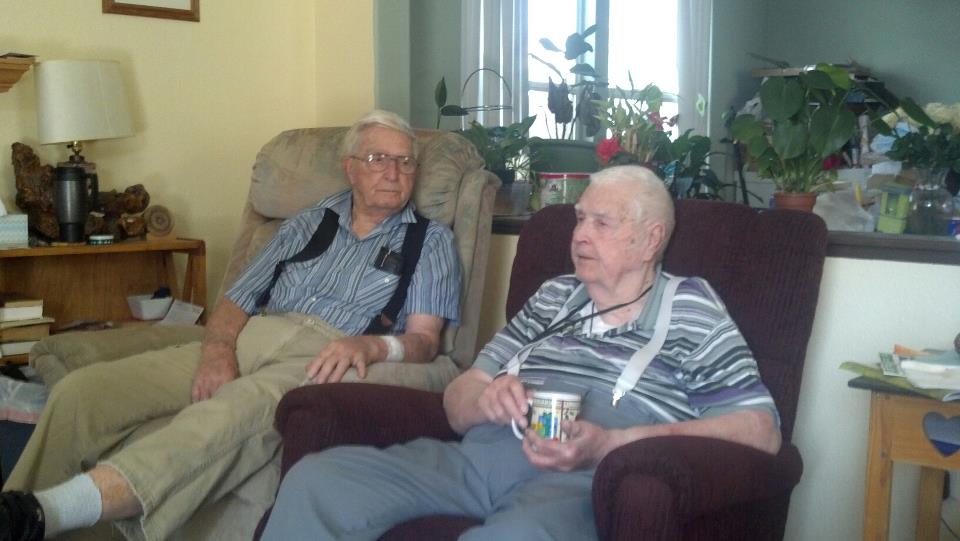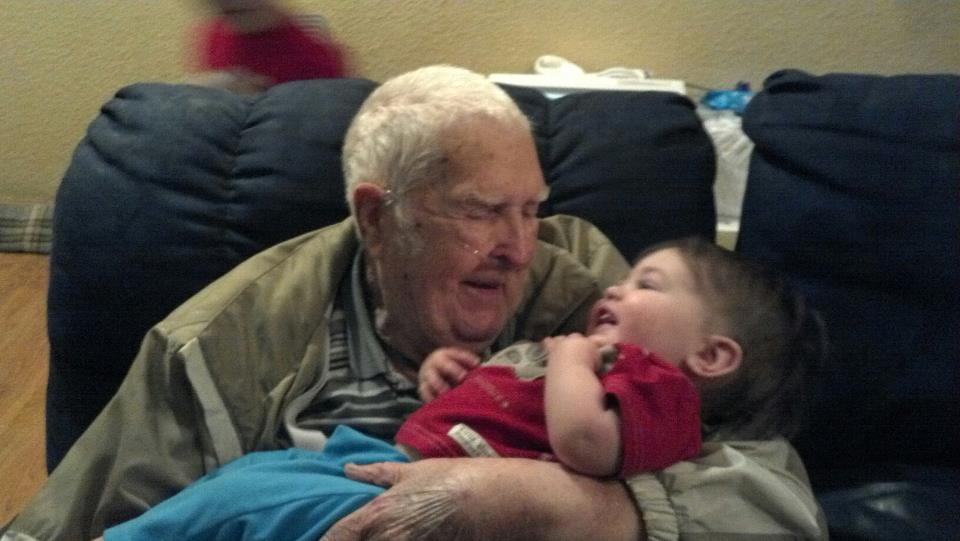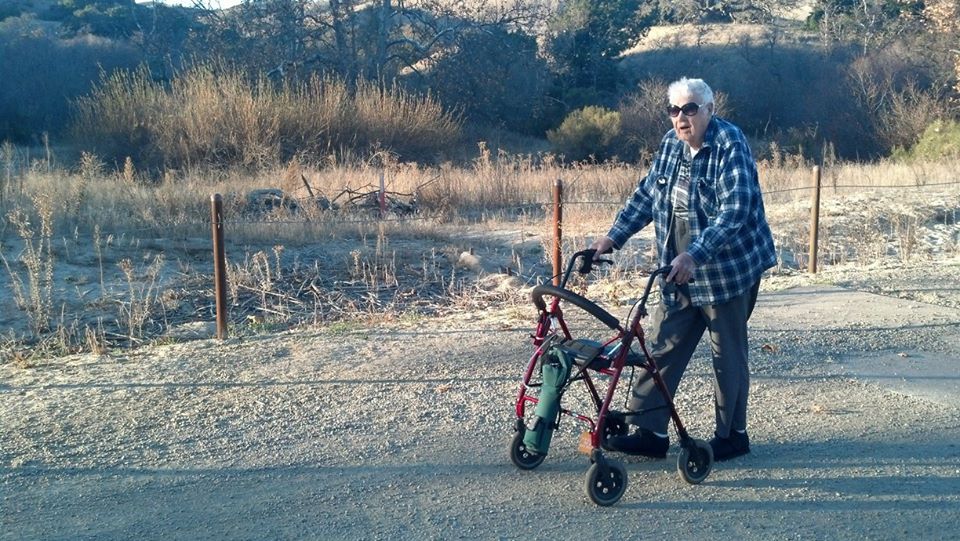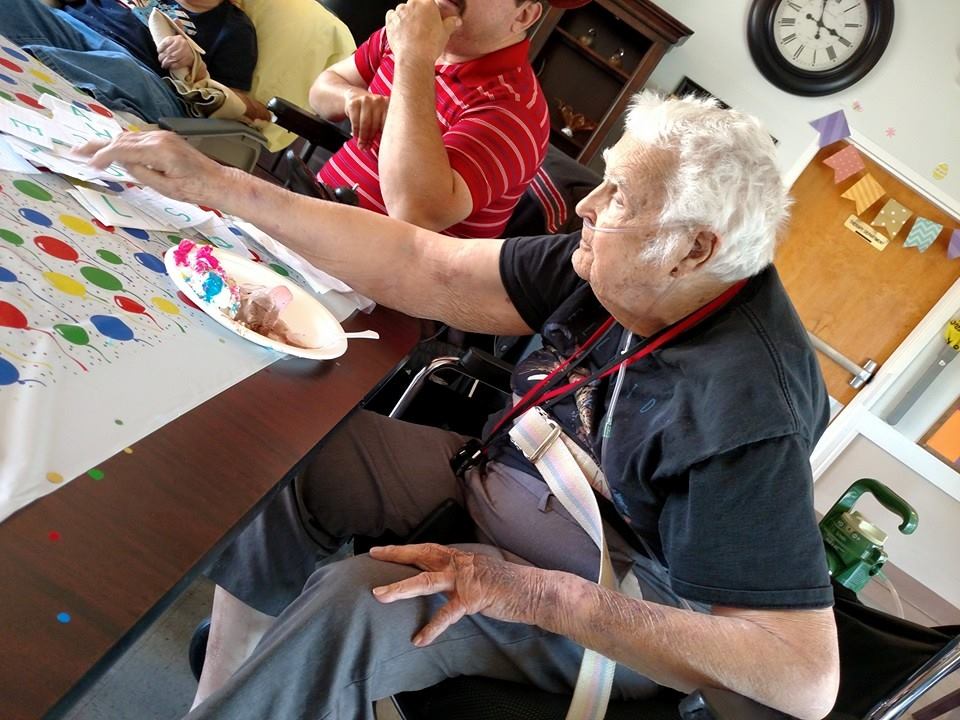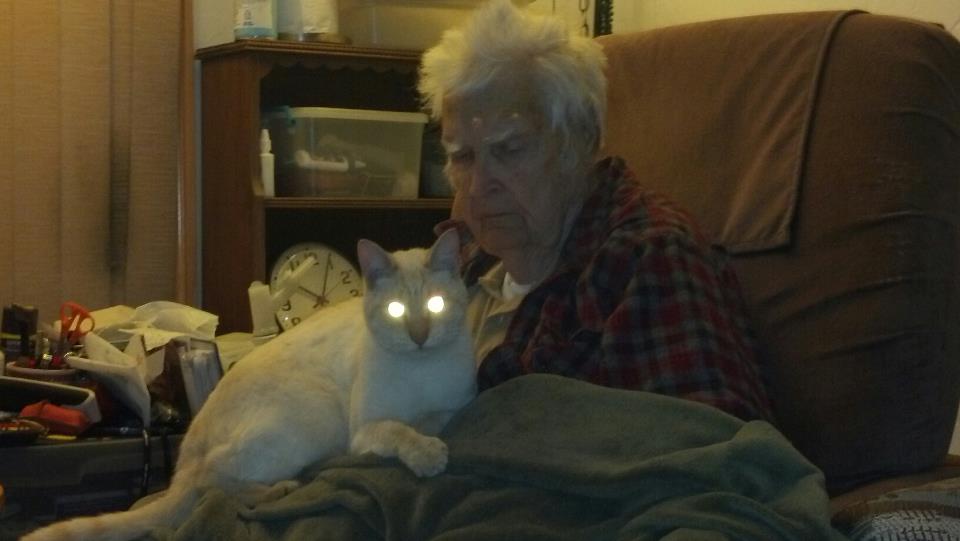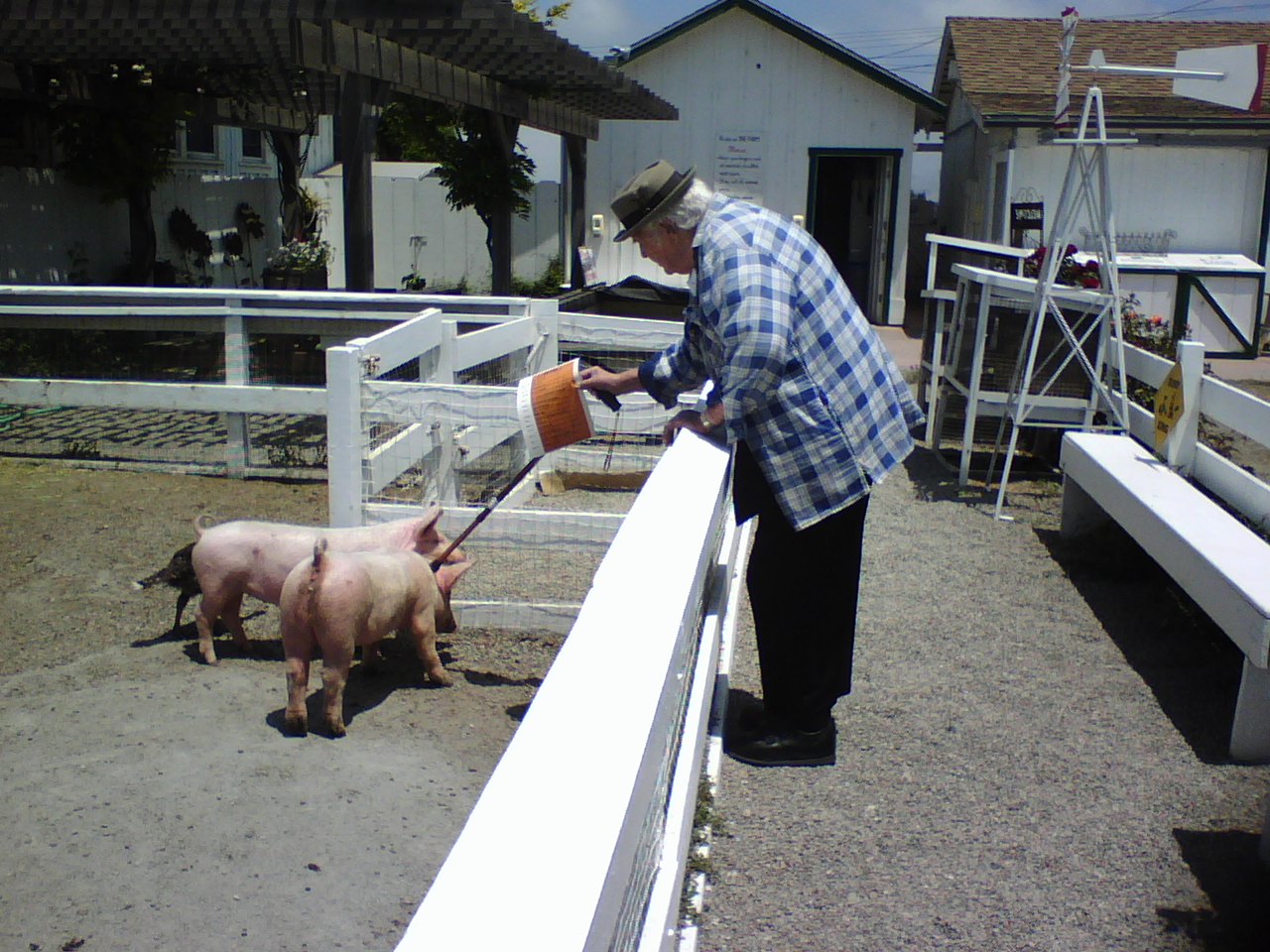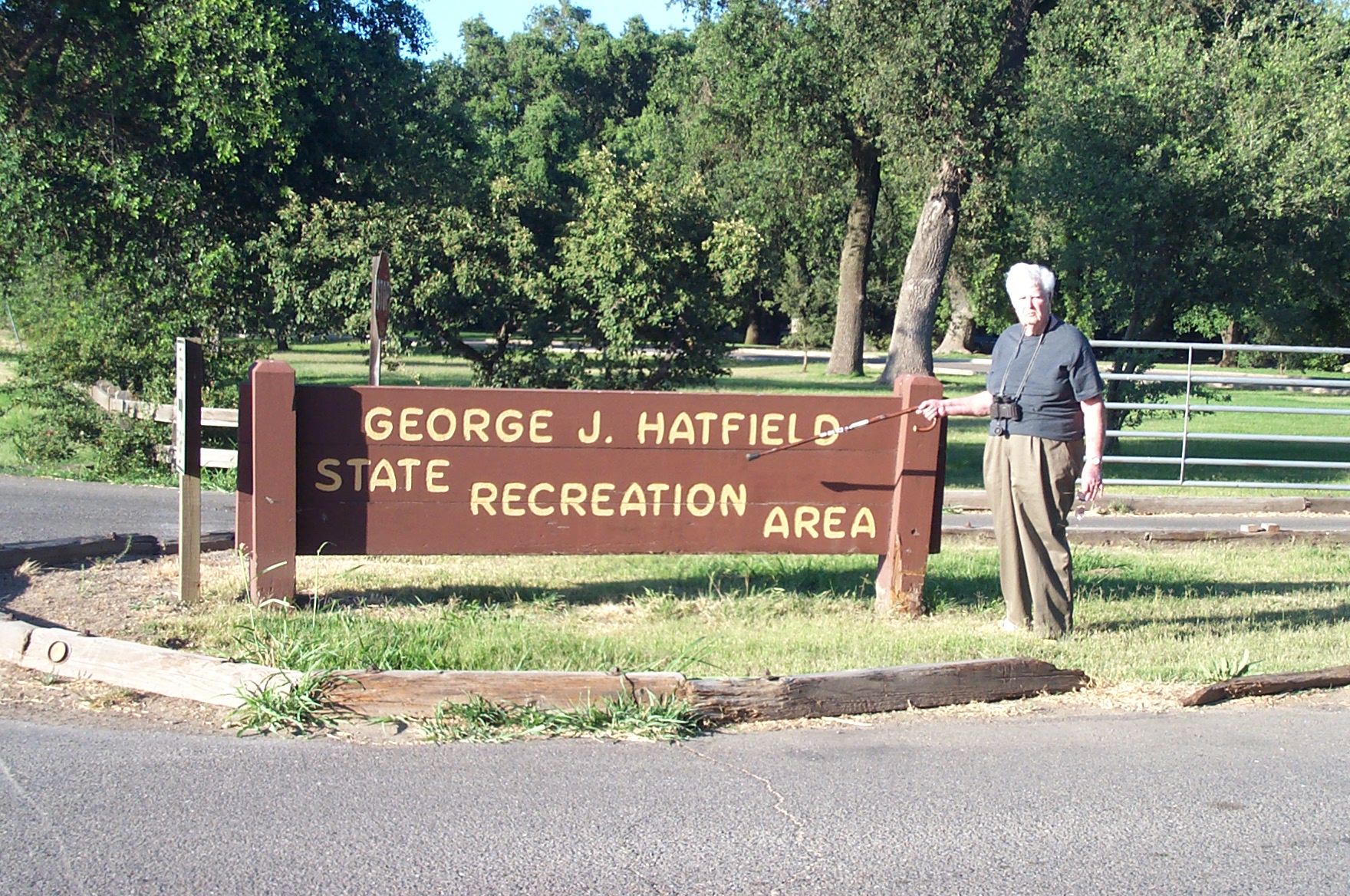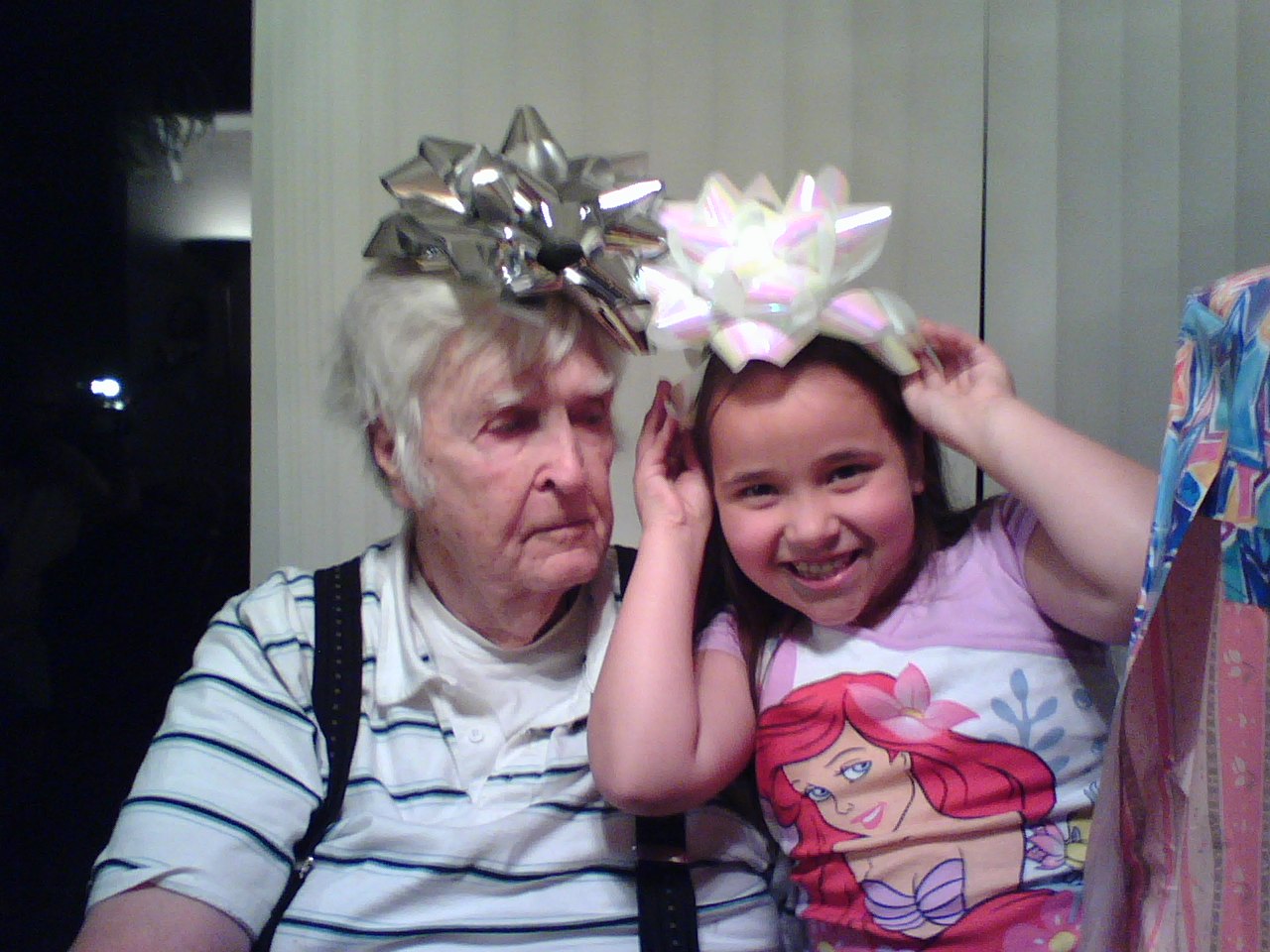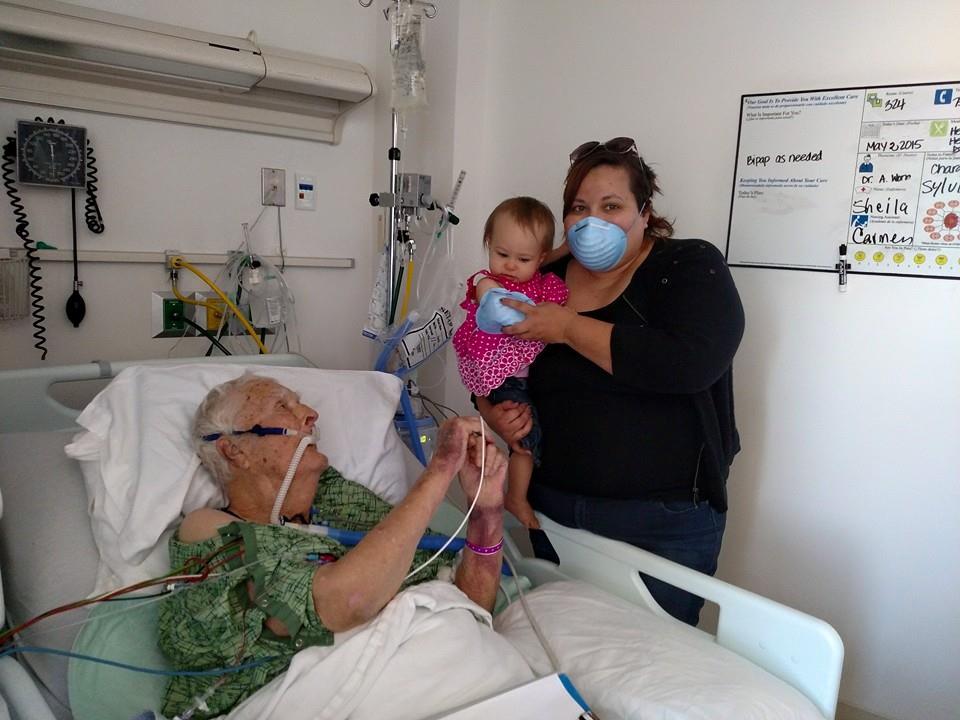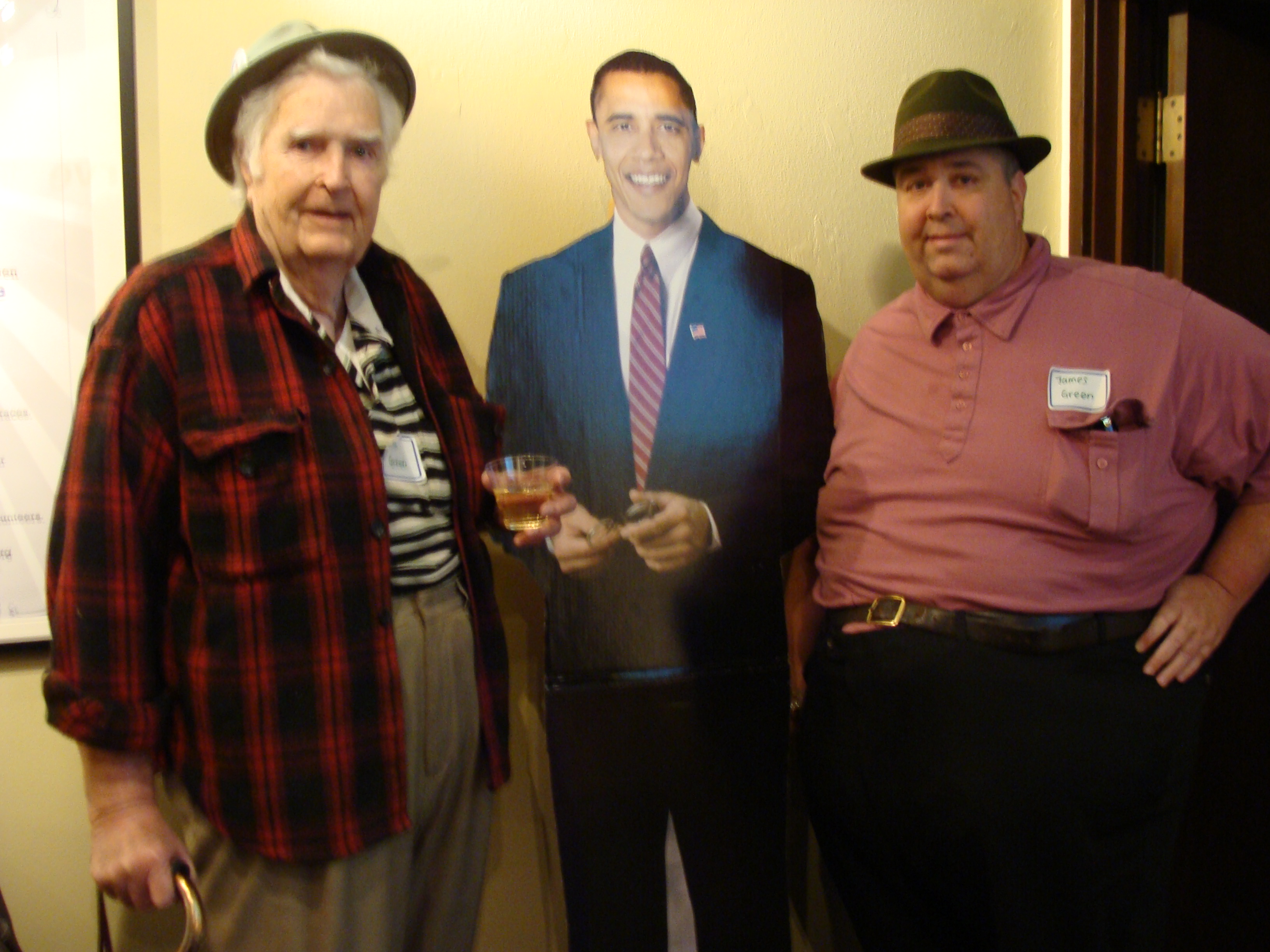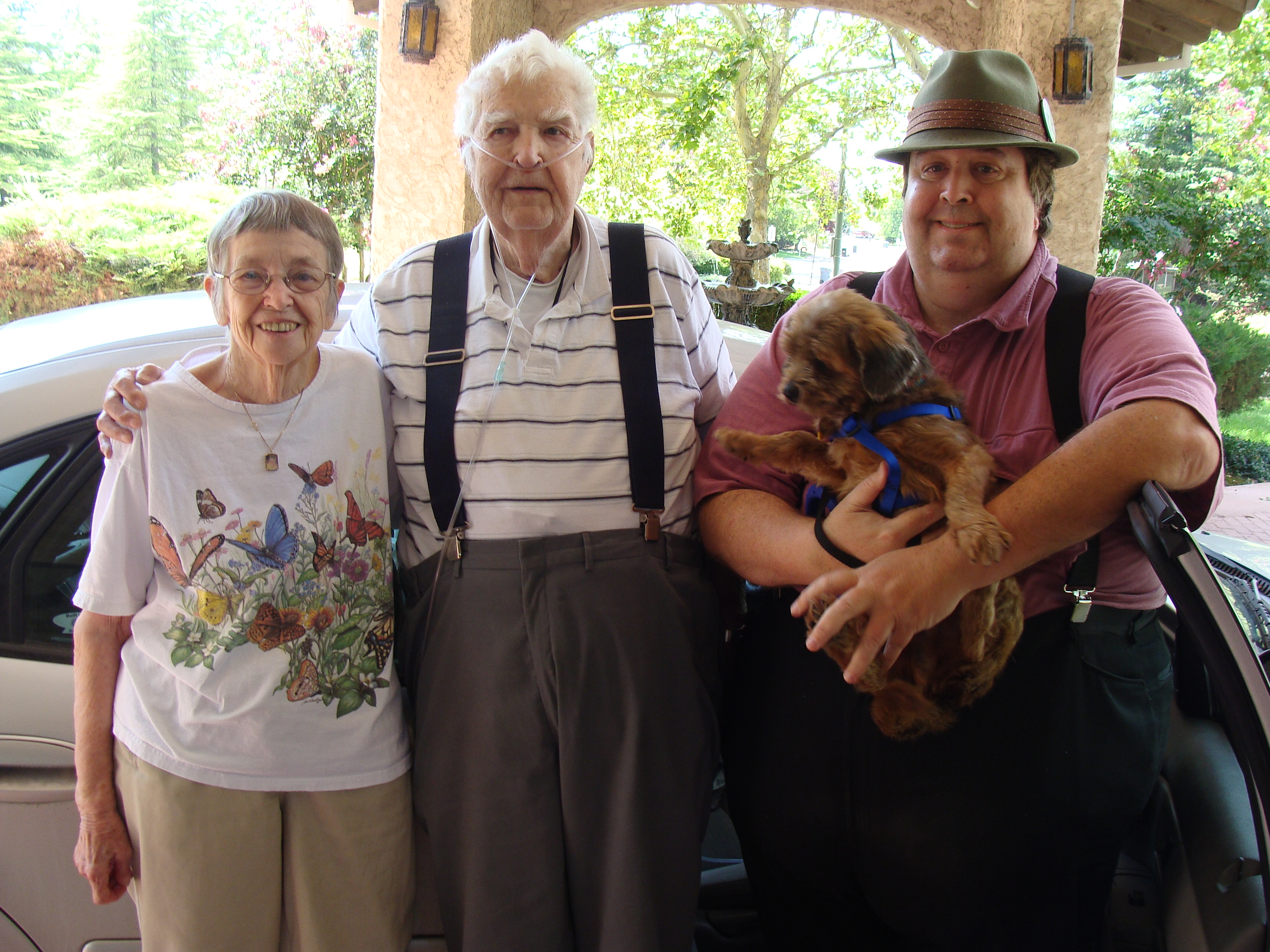Friday, May 8, 2015
Garden of Memories Cemetery
Delivered by his Son James Thomas “JTG” Green
Family, friends, guests, welcome, I am James Thomas Green.
Thank you for coming to this memorial ceremony for James Espy Green, whom some of you knew as Jim, Jimmy, Grampa, Great- Grampa, Brother, Uncle, Cousin, Friend, and to me, his eldest son, I called him variously Father, Pa, The Father-Figure, Poppel, Mi Papa, DaddySaurus, and many other silly terms of affection.
But most of all, James Espy Green was my Dad.
I am here to speak a brief eulogy in honor my Dad. I shall tell you what Dad was like. I shall tell you an abridged biography of Dad. I shall speak of the relationship I had with Dad. And I shall tell you what Dad’s legacy means to me, as well as what his legacy means to us all.
I have been very shaken up these past few days and I shall endeavor to make it through this eulogy without breaking up, so please forgive me if I need to stop to compose myself.
Dad was born in Heber Springs, Arkansas, on April 26, 1927, to Thomas Alton Green and Florine Jenny (McCord) Green in the home of his maternal grandparents, James Buchanon McCord and Mary Catherine (Beech) McCord.
Dad had a silly sense of humor and he loved to tell goofy jokes and laugh. He would often burst out into spontaneous silly songs. Dad loved to fish, although for the most part, he didn’t really like to eat fish. He let the rest of the family do that for him, and since I like fish, that was no problem for me. He loved to go for long drives in the countryside. He often drove alone, but when I drove he enjoyed the scenery. Dad loved horses, probably because when he was a boy, his grandfather had horses. When we went on those long drives, he'd get excited when we saw horses in the fields. He liked to go out in the desert and target shoot bottles and cans with a small pistol or rifle. He loved trains and would go on and on about locomotives he saw in person or on television. He preferred things simple, and preferred a fast-food hamburger to any sort of exotic meal. Dad made friends easily and could charm most almost anyone. When I went to various events where people knew Dad, I would be asked about how he was doing and why he wasn't there. I used to tell Dad that he was "the most popular person not at the party"
Dad worked on the railroad between Kansas City and Arkansas in the summer between his Junior and Senior years of High School, and at summer 1944’s end, Dad was offered a full time railroad job, but Dad decided instead to finish high school, and graduated from Jacksonville High School in Little Rock, Arkansas, on May 25, 1945.
Although Dad had a full basketball scholarship to the University of Arkansas, where he would have majored in History, Dad instead joined the United States Navy at age 17 in the waining days of World War Two. Dad had to convince HIS reluctant father to sign the documents that allowed Dad to enlist in the Navy as a minor in 1945.
Dad never saw combat as World War Two ended before he could be shipped into a war zone. Because of Dad’s literacy, after completing boot camp in San Diego, California, the Navy forced Dad to become a Yeoman, a sort of administrative assistant or secretary, although Dad protested as best he could because he preferred some other non-desk-bound job.
Dad is a nuclear veteran, as he was on the first survey ship to visit Bikini Atoll several months after the first post-war nuclear weapon test, called "Operations Crossroads".
Dad, like many other sailors, initially ate the fresh coconuts growing on Bikini Atoll until several days after arrival when the command ordered the sailors to stop eating those Radioactive Coconuts.
Dad received an Honorable Discharge as a Yeoman Third Class, on February 25, 1948.
While Dad served in the Navy, his family moved from Arkansas to Salinas, California, and Dad followed them there after discharge.
There he met my mother, Joan Vivian DeWolfe, and they were married on July 6, 1951. My parents went on to have three children: me - James Thomas Green, my little brother - John Michael Green, and my baby sister - Judy Lynn Green, now Elkins.
Mom told me that when she told Dad that she was pregnant with me, he was so happy and excited that he did summersaults.
I suspect that's an exaggeration
They bought a house in 1957, just a couple of years before I came along, and Dad lived there until his passing.
In addition to getting married in Salinas, Dad initially worked in the lettuce fields where he help make produce boxes, and loved to be out in the sunshine as he worked; he thought that was fun.
Dad then became a Correctional Officer at Soledad Prison, and retired as a Correctional Sargent, and later went on to work as a Correctional Lieutenant at the Jean, Nevada Prison, from where he retired a second time.
Dad’s final career was as a Security Guard at Salinas Valley Memorial Hospital, from where Dad retired a third and final time following the passing of his wife Joan, my Mother, who is buried right beside us, on March 11, 1994.
Mom will now have company after twenty-one years alone.
A few weeks after Mom’s passing from cancer, I was diagnosed with cancer, and the initial prognosis was grim. There was only a slight chance I’d survive more than five years. I was only thirty-four. I prepared to die. I went through very dark times, and I gained a view of life and eternity that most young adults never contemplate.
The news that Dad might lose a child, coming just a few weeks after losing his wife, crushed him. Dad had gone with me to the hospital, and when I told him “it’s cancer”, he slumped back against the hospital hall wall and started crying.
Dad took care of me in the months and years afterwards and I owe much of my current existence to him. New medical science came along which made the previous survival statistics invalid, but being able to have Dad's support definitely enabled my survival. Had it not been for Dad's support then, I would probably not be here now.
After a few years, when there was no sign of the return of my cancer, I gained increasing confidence that I was actually going to live, and I then began to reboot my life.
Then, in 2000, Dad had open heart bypass surgery. At first, the operation was successful, but Dad got an infection called ORSA, and he grew sicker and sicker until he slipped into a coma.
I was by his side as much as I could be in the next few months. I talked to him and I squeezed his arms and shoulders and did whatever I could to try to let him know I was there and that I wasn’t going to let go.
Dad's grand daughter Larissa had been born earlier that year, and I told Dad that they were going to learn to walk together, and that he would go to her High School Graduation. They did learn to walk at the same time, and as Larissa is currently a Freshman in High School, Dad almost made it to her graduation.
I refused to let the hospital disconnect life support until they could prove, with scientific evidence, that Dad could not recover. I was determined to stand by him in his crisis as he had stood by me in mine.
However, physically and biologically, I could not stay by his side all the time. I had to live my life outside of Dad's crisis, and so to enable a virtual presence of me for Dad, I made an audio CD with music, brief sound clips, and audio clips of me talking to him telling him such things what had happened, who he was, where he was, and so on. I gave him permission-to-die if he felt he could not hold on.
Perhaps most importantly, I told him to nod his head up and down for yes and back and forth for no. This gave Dad a binary output that enabled him to answer yes or no questions, and thus show that he was mentally alive. This might sound obvious and simple, but to someone like my Dad, I imagined him being asked questions, but having a tracheotomy tube in his throat meant he could not speak, and I’m sure his first instincts were to talk when asked something rather than nod.
It worked. In two days after the start of the CD playing, Dad was out of the coma and nodding yes and no and showing obvious signs that the lights had come back on in his head.
Dad recovered slowly, and it was not apparent for a long time that he would ever go home, but to home he eventually went. He came back to us and has had almost an extra fifteen years in which he could love and be loved.
I pushed Dad hard to keep him functional. For example, we often went walking in such places as Fort Ord BLM land, and in Northridge Shopping Mall, where until quite recently he could walk all the way from one end to the other using his walker with oxygen.
I would not help him get up out of chairs unless he had tried and shown that he could not get up on his own. Frequently while out in public places, I would get dirty looks from strangers as I watched Dad struggle to stand up without me helping. But I believe that forced Dad to stay strong and functional for much longer than he would have been otherwise had I simply picked him up all the time.
Dad had many serious and long-term chronic health problems in his final years and repeatedly went in and out of hospitals, but he consistently made liars out of medical personnel by surviving even after his survival was repeatedly declared hopeless.
I got to calling Dad Lazarus, but a friend informed me that Lazarus only came back once, so, Dad was more of a cat.
However, there inevitably came a point at which neither Dad nor I could hold on any longer, and when it became clear that there was no longer any rational reason to hope that Dad would pull another Lazarus kitty out of a hat, and enough scientific evidence was presented by his doctors, I finally gave permission to let Dad go.
Dad passed peacefully surrounded by his loving and attentive extended family at Salinas Valley Memorial Hospital, on Monday, May 4, 2015, at about 5:50 in the afternoon.
On the bright side, Dad is no longer suffering. Dad never got to the point where he could not walk at all, at least not until the final weeks.
Dad did not develop any dementia, and he knew who he was, where he was, what was happening around him, and Dad knew his loving family surrounded him until the very end.
~~~
I want to end this eulogy by considering Dad's legacy.
How do we take the measure of the life of any person?
What are the factors we should consider in evaluating anyone's legacy?
Do we consider how much money they had? How many houses they had? How many cars? How famous they were? Should someone's end point be the most important thing we consider about their entire life?
In my humble opinion, I believe that the most important factor in someone's legacy is in how they affected the people around them during the time when they were among the living.
Did they do good? Did they give support and comfort when they could? Did they leave people better off after than they were before.
By these standards, Dad has left an awesome legacy, not only for myself, but for his extended family and the many friends and random people he's encountered throughout his long and spectacular life.
It is not the end point that determines the measure of a person and I say that Dad’s lifetime legacy is tremendous, not only to me, but to all those whom he touched with his wisdom, humor, and good nature.
The living part of Dad’s legacy is now complete, and his legacy is now entrusted with all of us to keep Jimmy Green alive in our memories, and to pass his legacy on to the future.
I will carry Dad's Legacy with me until my own end moment, and I request and hope that all of you will do the same.
Now I ask that all of us take sixty seconds of silent contemplation,
as measured by this timer, to think about the life of James Espy Green, my Dad, and what he meant to you, and what he meant to us, and what he continues to mean as his afterlife now begins.
Let us begin our silent contemplation now. ...
I shall now turn this podium back to Reverend Dennis Hamilton for the conclusion of this memorial ceremony for James Espy Green, my Dad.
Friday, May 8, 2015
Garden of Memories Cemetery
Delivered by his Son James Thomas “JTG” Green
Family, friends, guests, welcome, I am James Thomas Green.
Thank you for coming to this memorial ceremony for James Espy Green, whom some of you knew as Jim, Jimmy, Grampa, Great- Grampa, Brother, Uncle, Cousin, Friend, and to me, his eldest son, I called him variously Father, Pa, The Father-Figure, Poppel, Mi Papa, DaddySaurus, and many other silly terms of affection.
But most of all, James Espy Green was my Dad.
I am here to speak a brief eulogy in honor my Dad. I shall tell you what Dad was like. I shall tell you an abridged biography of Dad. I shall speak of the relationship I had with Dad. And I shall tell you what Dad’s legacy means to me, as well as what his legacy means to us all.
I have been very shaken up these past few days and I shall endeavor to make it through this eulogy without breaking up, so please forgive me if I need to stop to compose myself.
Dad was born in Heber Springs, Arkansas, on April 26, 1927, to Thomas Alton Green and Florine Jenny (McCord) Green in the home of his maternal grandparents, James Buchanon McCord and Mary Catherine (Beech) McCord.
Dad had a silly sense of humor and he loved to tell goofy jokes and laugh. He would often burst out into spontaneous silly songs. Dad loved to fish, although for the most part, he didn’t really like to eat fish. He let the rest of the family do that for him, and since I like fish, that was no problem for me. He loved to go for long drives in the countryside. He often drove alone, but when I drove he enjoyed the scenery. Dad loved horses, probably because when he was a boy, his grandfather had horses. When we went on those long drives, he'd get excited when we saw horses in the fields. He liked to go out in the desert and target shoot bottles and cans with a small pistol or rifle. He loved trains and would go on and on about locomotives he saw in person or on television. He preferred things simple, and preferred a fast-food hamburger to any sort of exotic meal. Dad made friends easily and could charm most almost anyone. When I went to various events where people knew Dad, I would be asked about how he was doing and why he wasn't there. I used to tell Dad that he was "the most popular person not at the party"
Dad worked on the railroad between Kansas City and Arkansas in the summer between his Junior and Senior years of High School, and at summer 1944’s end, Dad was offered a full time railroad job, but Dad decided instead to finish high school, and graduated from Jacksonville High School in Little Rock, Arkansas, on May 25, 1945.
Although Dad had a full basketball scholarship to the University of Arkansas, where he would have majored in History, Dad instead joined the United States Navy at age 17 in the waining days of World War Two. Dad had to convince HIS reluctant father to sign the documents that allowed Dad to enlist in the Navy as a minor in 1945.
Dad never saw combat as World War Two ended before he could be shipped into a war zone. Because of Dad’s literacy, after completing boot camp in San Diego, California, the Navy forced Dad to become a Yeoman, a sort of administrative assistant or secretary, although Dad protested as best he could because he preferred some other non-desk-bound job.
Dad is a nuclear veteran, as he was on the first survey ship to visit Bikini Atoll several months after the first post-war nuclear weapon test, called "Operations Crossroads".
Dad, like many other sailors, initially ate the fresh coconuts growing on Bikini Atoll until several days after arrival when the command ordered the sailors to stop eating those Radioactive Coconuts.
Dad received an Honorable Discharge as a Yeoman Third Class, on February 25, 1948.
While Dad served in the Navy, his family moved from Arkansas to Salinas, California, and Dad followed them there after discharge.
There he met my mother, Joan Vivian DeWolfe, and they were married on July 6, 1951. My parents went on to have three children: me - James Thomas Green, my little brother - John Michael Green, and my baby sister - Judy Lynn Green, now Elkins.
Mom told me that when she told Dad that she was pregnant with me, he was so happy and excited that he did summersaults.
I suspect that's an exaggeration
They bought a house in 1957, just a couple of years before I came along, and Dad lived there until his passing.
In addition to getting married in Salinas, Dad initially worked in the lettuce fields where he help make produce boxes, and loved to be out in the sunshine as he worked; he thought that was fun.
Dad then became a Correctional Officer at Soledad Prison, and retired as a Correctional Sargent, and later went on to work as a Correctional Lieutenant at the Jean, Nevada Prison, from where he retired a second time.
Dad’s final career was as a Security Guard at Salinas Valley Memorial Hospital, from where Dad retired a third and final time following the passing of his wife Joan, my Mother, who is buried right beside us, on March 11, 1994.
Mom will now have company after twenty-one years alone.
A few weeks after Mom’s passing from cancer, I was diagnosed with cancer, and the initial prognosis was grim. There was only a slight chance I’d survive more than five years. I was only thirty-four. I prepared to die. I went through very dark times, and I gained a view of life and eternity that most young adults never contemplate.
The news that Dad might lose a child, coming just a few weeks after losing his wife, crushed him. Dad had gone with me to the hospital, and when I told him “it’s cancer”, he slumped back against the hospital hall wall and started crying.
Dad took care of me in the months and years afterwards and I owe much of my current existence to him. New medical science came along which made the previous survival statistics invalid, but being able to have Dad's support definitely enabled my survival. Had it not been for Dad's support then, I would probably not be here now.
After a few years, when there was no sign of the return of my cancer, I gained increasing confidence that I was actually going to live, and I then began to reboot my life.
Then, in 2000, Dad had open heart bypass surgery. At first, the operation was successful, but Dad got an infection called ORSA, and he grew sicker and sicker until he slipped into a coma.
I was by his side as much as I could be in the next few months. I talked to him and I squeezed his arms and shoulders and did whatever I could to try to let him know I was there and that I wasn’t going to let go.
Dad's grand daughter Larissa had been born earlier that year, and I told Dad that they were going to learn to walk together, and that he would go to her High School Graduation. They did learn to walk at the same time, and as Larissa is currently a Freshman in High School, Dad almost made it to her graduation.
I refused to let the hospital disconnect life support until they could prove, with scientific evidence, that Dad could not recover. I was determined to stand by him in his crisis as he had stood by me in mine.
However, physically and biologically, I could not stay by his side all the time. I had to live my life outside of Dad's crisis, and so to enable a virtual presence of me for Dad, I made an audio CD with music, brief sound clips, and audio clips of me talking to him telling him such things what had happened, who he was, where he was, and so on. I gave him permission-to-die if he felt he could not hold on.
Perhaps most importantly, I told him to nod his head up and down for yes and back and forth for no. This gave Dad a binary output that enabled him to answer yes or no questions, and thus show that he was mentally alive. This might sound obvious and simple, but to someone like my Dad, I imagined him being asked questions, but having a tracheotomy tube in his throat meant he could not speak, and I’m sure his first instincts were to talk when asked something rather than nod.
It worked. In two days after the start of the CD playing, Dad was out of the coma and nodding yes and no and showing obvious signs that the lights had come back on in his head.
Dad recovered slowly, and it was not apparent for a long time that he would ever go home, but to home he eventually went. He came back to us and has had almost an extra fifteen years in which he could love and be loved.
I pushed Dad hard to keep him functional. For example, we often went walking in such places as Fort Ord BLM land, and in Northridge Shopping Mall, where until quite recently he could walk all the way from one end to the other using his walker with oxygen.
I would not help him get up out of chairs unless he had tried and shown that he could not get up on his own. Frequently while out in public places, I would get dirty looks from strangers as I watched Dad struggle to stand up without me helping. But I believe that forced Dad to stay strong and functional for much longer than he would have been otherwise had I simply picked him up all the time.
Dad had many serious and long-term chronic health problems in his final years and repeatedly went in and out of hospitals, but he consistently made liars out of medical personnel by surviving even after his survival was repeatedly declared hopeless.
I got to calling Dad Lazarus, but a friend informed me that Lazarus only came back once, so, Dad was more of a cat.
However, there inevitably came a point at which neither Dad nor I could hold on any longer, and when it became clear that there was no longer any rational reason to hope that Dad would pull another Lazarus kitty out of a hat, and enough scientific evidence was presented by his doctors, I finally gave permission to let Dad go.
Dad passed peacefully surrounded by his loving and attentive extended family at Salinas Valley Memorial Hospital, on Monday, May 4, 2015, at about 5:50 in the afternoon.
On the bright side, Dad is no longer suffering. Dad never got to the point where he could not walk at all, at least not until the final weeks.
Dad did not develop any dementia, and he knew who he was, where he was, what was happening around him, and Dad knew his loving family surrounded him until the very end.
~~~
I want to end this eulogy by considering Dad's legacy.
How do we take the measure of the life of any person?
What are the factors we should consider in evaluating anyone's legacy?
Do we consider how much money they had? How many houses they had? How many cars? How famous they were? Should someone's end point be the most important thing we consider about their entire life?
In my humble opinion, I believe that the most important factor in someone's legacy is in how they affected the people around them during the time when they were among the living.
Did they do good? Did they give support and comfort when they could? Did they leave people better off after than they were before.
By these standards, Dad has left an awesome legacy, not only for myself, but for his extended family and the many friends and random people he's encountered throughout his long and spectacular life.
It is not the end point that determines the measure of a person and I say that Dad’s lifetime legacy is tremendous, not only to me, but to all those whom he touched with his wisdom, humor, and good nature.
The living part of Dad’s legacy is now complete, and his legacy is now entrusted with all of us to keep Jimmy Green alive in our memories, and to pass his legacy on to the future.
I will carry Dad's Legacy with me until my own end moment, and I request and hope that all of you will do the same.
Now I ask that all of us take sixty seconds of silent contemplation,
as measured by this timer, to think about the life of James Espy Green, my Dad, and what he meant to you, and what he meant to us, and what he continues to mean as his afterlife now begins.
Let us begin our silent contemplation now. ...
I shall now turn this podium back to Reverend Dennis Hamilton for the conclusion of this memorial ceremony for James Espy Green, my Dad.
